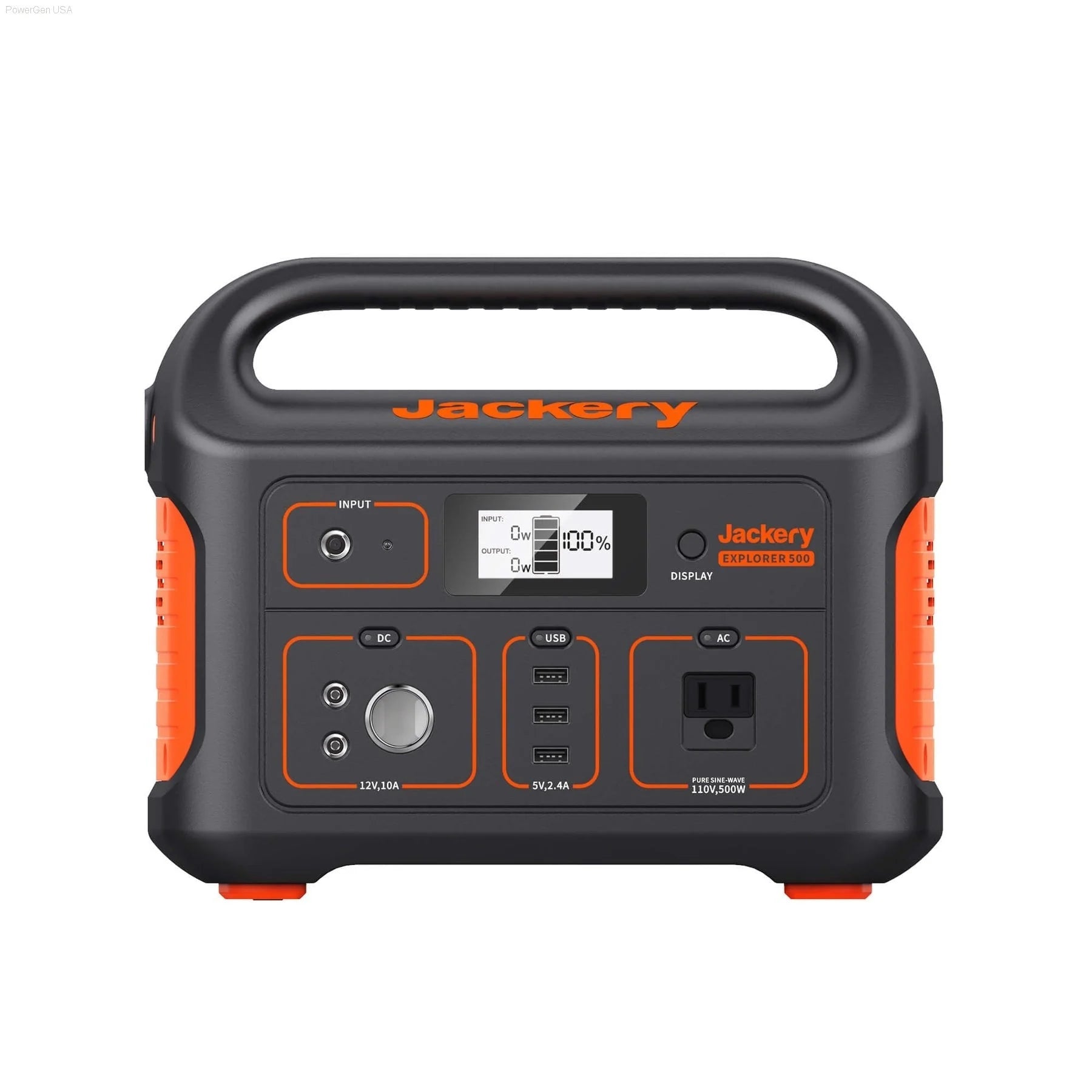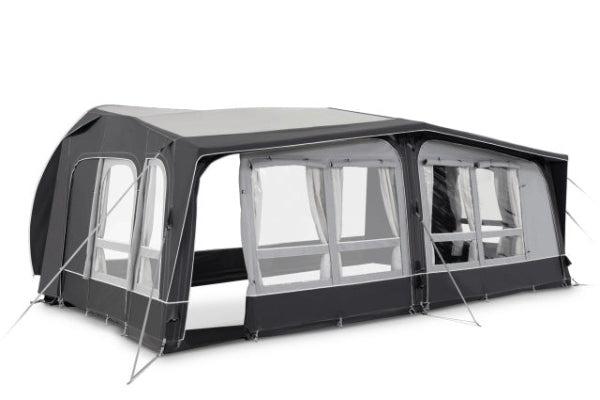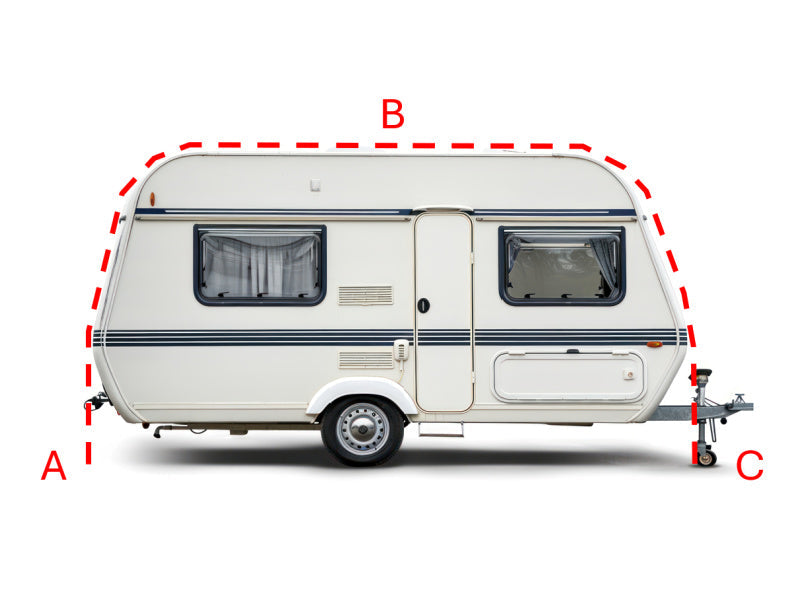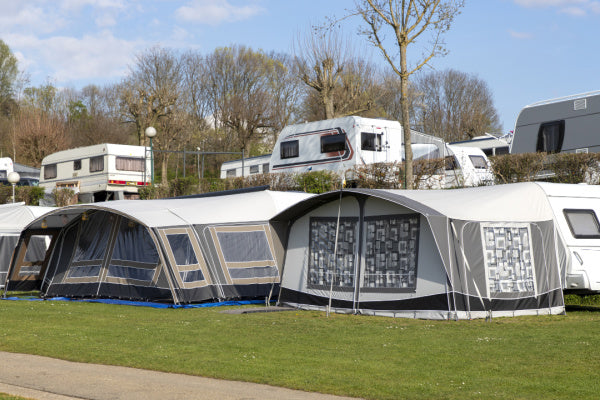EcoFlow vs Jackery: Which Portable Power Station is Best?
Stuck choosing between EcoFlow and Jackery? Short answer: EcoFlow wins for speed and power, Jackery for simplicity and reliability. Whether you’re camping, prepping for blackouts, or just want to charge a blender in the woods, this guide breaks down the best Portable Power Stations for your wild (or mildly chaotic) adventures.
Introduction to Portable Power Stations
The Growing Need for Portable Power
More people are seeking portable power, especially with the rise of outdoor activities and emergency situations. Portable power stations offer a reliable solution for staying connected and charged in any setting. Whether you're in the wild or your living room, these devices are becoming a must-have.
Why are portable power stations essential today?
Portable power stations are great for campers, homeowners, and outdoor enthusiasts. They provide electricity anywhere—ideal for camping, off-grid living, van life, or during unexpected power outages. Having one ensures you're never left in the dark.

Introducing EcoFlow and Jackery: Market Leaders
Brief overview of each brand's mission and market position.
EcoFlow and Jackery have distinct approaches to portable energy. Their histories and missions shape how they design and innovate. Understanding these roots can help you decide which aligns better with your needs.
What makes them stand out in the solar generator market?
EcoFlow pushes boundaries with fast-charging tech and powerful batteries. Jackery, on the other hand, delivers reliable and user-friendly solutions. Both offer solid reputations in the solar generator market, each with a loyal following.
ICore Comparison: Key Features and Specifications
Battery Technology and Lifespan
Understanding LiFePO4 battery vs. NMC battery
Newer models have begun adopting LiFePO4, which offers better safety and longer lifespans. However, LiFePO4 tends to be heavier and more costly.
Which brand typically uses which technology in their various models?
EcoFlow’s River and Delta series used to rely on NMC batteries but have move to newer LiFePO4 batteries. Jackery originally did the same, but its newer Explorer Pro line now features LiFePO4 chemistry.
Expected charge cycles and overall durability.
EcoFlow typically offers over 3,000+ cycles for its LiFePO4 models. In contrast, Jackery’s LiFePO4 units can deliver more than 2,000 cycles, making them slightly less long-lasting for regular use.
Power Output and Capacity
Demystifying Watt-hour (Wh) and Watt (W) ratings
Watt-hours measure how much energy is stored. Watts tell you how much power it can output at once. Understanding both is key when matching a unit to your devices.
AC Output: Continuous vs. Peak/Surge
EcoFlow’s X-Boost tech increases surge capacity beyond normal ratings. Both brands use pure sine wave inverters, which are safe for sensitive electronics like laptops and medical gear.
Range of models and capacities offered by each brand
EcoFlow’s line includes the River (720Wh), Delta (1260Wh), and Delta Pro (3600Wh). Jackery’s models range from Explorer 500 (518Wh) to Explorer 2000 Pro (2224Wh).
Real-world application examples
Lower capacity stations are perfect for phones, tablets, and lights. Mid-range ones handle fridges and routers. High-end units can run power tools and even small home appliances during outages.

Charging Speed and Methods
AC Wall Charging
EcoFlow’s X-Stream allows it to charge up to 80% in just one hour. Jackery’s Explorer 1000, by comparison, takes about two hours to reach the same level.
Solar Charging Capabilities
Jackery’s newer units support more solar input than before, but still lag behind EcoFlow’s more flexible MPPT setups in terms of speed and panel compatibility.
Car Charging and other inputs
Both brands can recharge from a car outlet. EcoFlow’s Delta Pro even supports EV-style charging, which adds a unique advantage for modern users.
Portability and Design
Weight and size comparison
EcoFlow Delta weighs about 13.1kg, while the Jackery Explorer 1000 comes in at 11.5kg. The River Pro (5kg) is lighter than the Explorer 500 (6.2kg), showing that weight varies per model.
Handles, wheels, and ruggedness
Jackery favours a compact and minimalist look. EcoFlow’s models are bulkier, built for durability, and include wheels in higher-end models like the Delta Pro for easier transport.
Build quality and materials
EcoFlow’s Delta series features robust materials built for frequent use. Jackery focuses on a sleek finish and practicality, making their units perfect for casual adventurers.
User Experience and Ecosystem
Connectivity and Smart Features
Mobile App control functionality
EcoFlow’s mobile app offers detailed monitoring, controls, and customisation options. Jackery’s app is newer and simpler, offering essential functions without extra frills.
Remote monitoring and control
EcoFlow lets users monitor via Wi-Fi and Bluetooth. Jackery’s new app allows basic tracking and control, suitable for general users.
Smart home integration capabilities
EcoFlow Delta Pro Ultra supports integration with home energy systems. Jackery hasn’t yet entered the smart home scene.
Expandability and Accessories
Ability to add expandable battery packs
EcoFlow units like the Delta Pro allow for battery expansion, increasing total capacity. Jackery offers fewer models with expansion capabilities.
Compatibility with additional accessories
EcoFlow supports a wide ecosystem, including extra panels and smart home gear. Jackery focuses on a self-contained approach but offers solar add-ons.
Integrated solutions vs. standalone units
EcoFlow is modular, great for users needing flexibility. Jackery suits those who want a simple plug-and-play unit.
Pricing, Warranty, and Customer Support
General pricing comparison
EcoFlow’s River Pro costs around £300, while the Delta is roughly £800. Jackery’s Explorer 500 is near £400, and the Explorer 1000 sits at about £900. EcoFlow often offers more features for the price.
Warranty terms
Both brands provide 2–5 year warranties, depending on the product and retailer. Always check the fine print for conditions.
Reputation for customer service
EcoFlow has a responsive team and detailed online support. Jackery is praised for its friendly and efficient customer service, making both reliable in aftercare.
Performance in Specific Use Cases
Best for Camping and Outdoor Adventures
Which brand excels in portability and outdoor resilience?
Jackery takes the lead for ease-of-carry and quick setup. EcoFlow is better for more power-hungry setups, especially if you're running multiple devices.
Best for RV and Van Life
Ideal capacities and charging options
EcoFlow’s Delta or Delta Pro can power mini-fridges, cookers, and lights easily. Jackery’s 1000 or 2000 Pro is lighter and simpler, making it a solid option for van life enthusiasts.

Best for Home Backup and Emergency Preparedness
High-capacity options and integration features
EcoFlow Delta Pro offers expandable batteries and home panel integration. Jackery works for essentials like lights and internet during blackouts.
Best for Professional Use or Off-Grid Work
Powering tools and heavy-duty equipment
EcoFlow’s output is higher, making it suitable for construction tools and gear. Jackery might fall short in high-draw tasks but still handles light work well.
Pros and Cons Summaries
EcoFlow: Advantages and Disadvantages
Pros: Fast charging, expandable systems, smart features, smart home integration.
Cons: Heavier, higher initial cost, more complex for new users.
Jackery: Advantages and Disadvantages
Pros: Lightweight, beginner-friendly, dependable, easy to carry.
Cons: Slower charging, limited expansion, lacks smart features.
Other content you might like:
- EcoFlow vs Jackery vs Bluetti
- EcoFlow vs Bluetti
- EcoFlow vs Anker
- EcoFlow vs AllPowers
- EcoFlow vs Bluetti vs Anker
- EcoFlow vs Victron
- EcoFlow Delta Pro vs Delta Pro 3
- EcoFlow Delta Pro vs Delta 2 Max
- EcoFlow Delta Pro vs Bluetti AC300
- EcoFlow Delta Pro 3 vs Anker Solix F3800
- EcoFlow Delta Pro 3 vs Ultra
- EcoFlow Delta Pro vs Jackery 2000 Plus
-
EcoFlow Delta Pro vs Max





Leave a comment